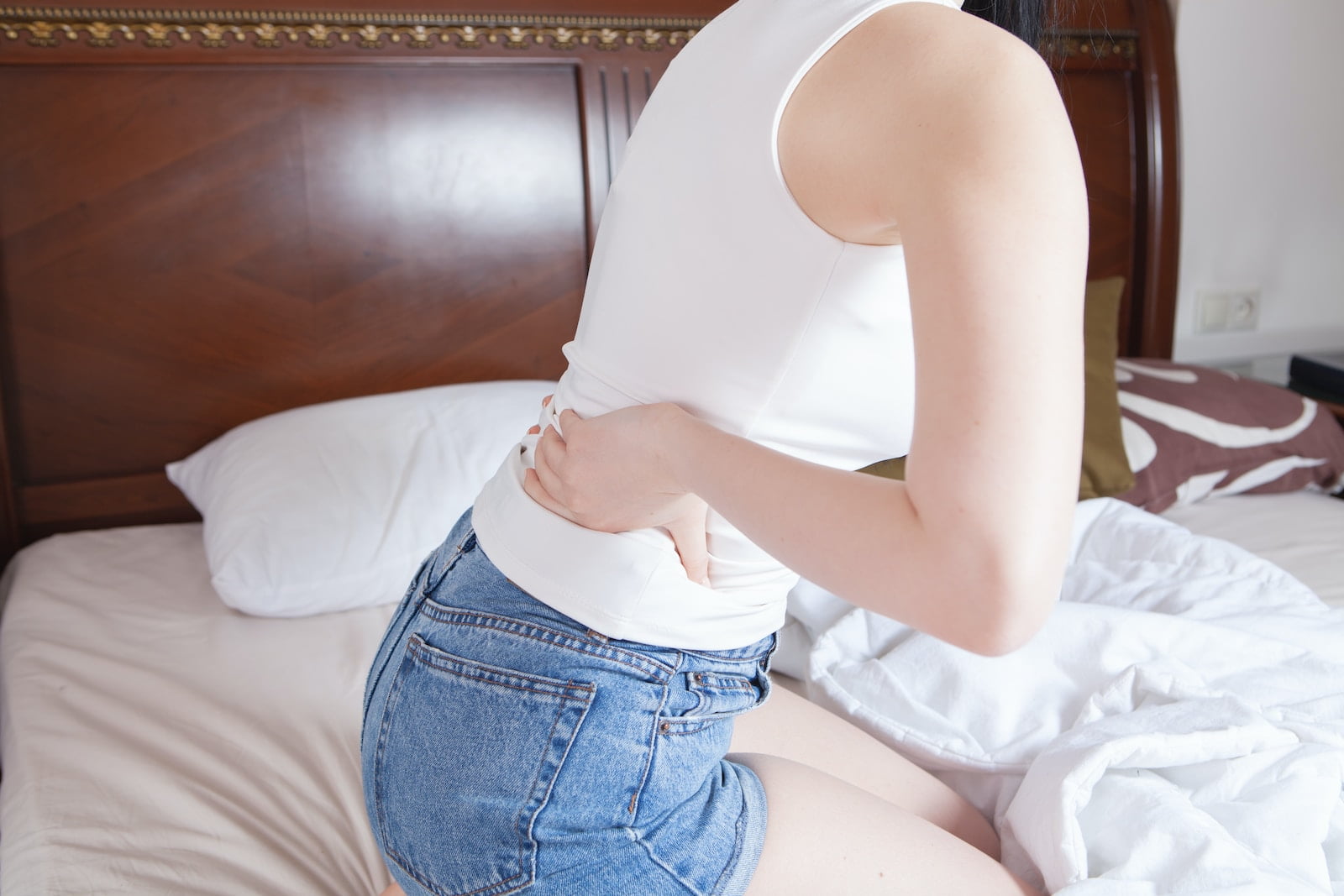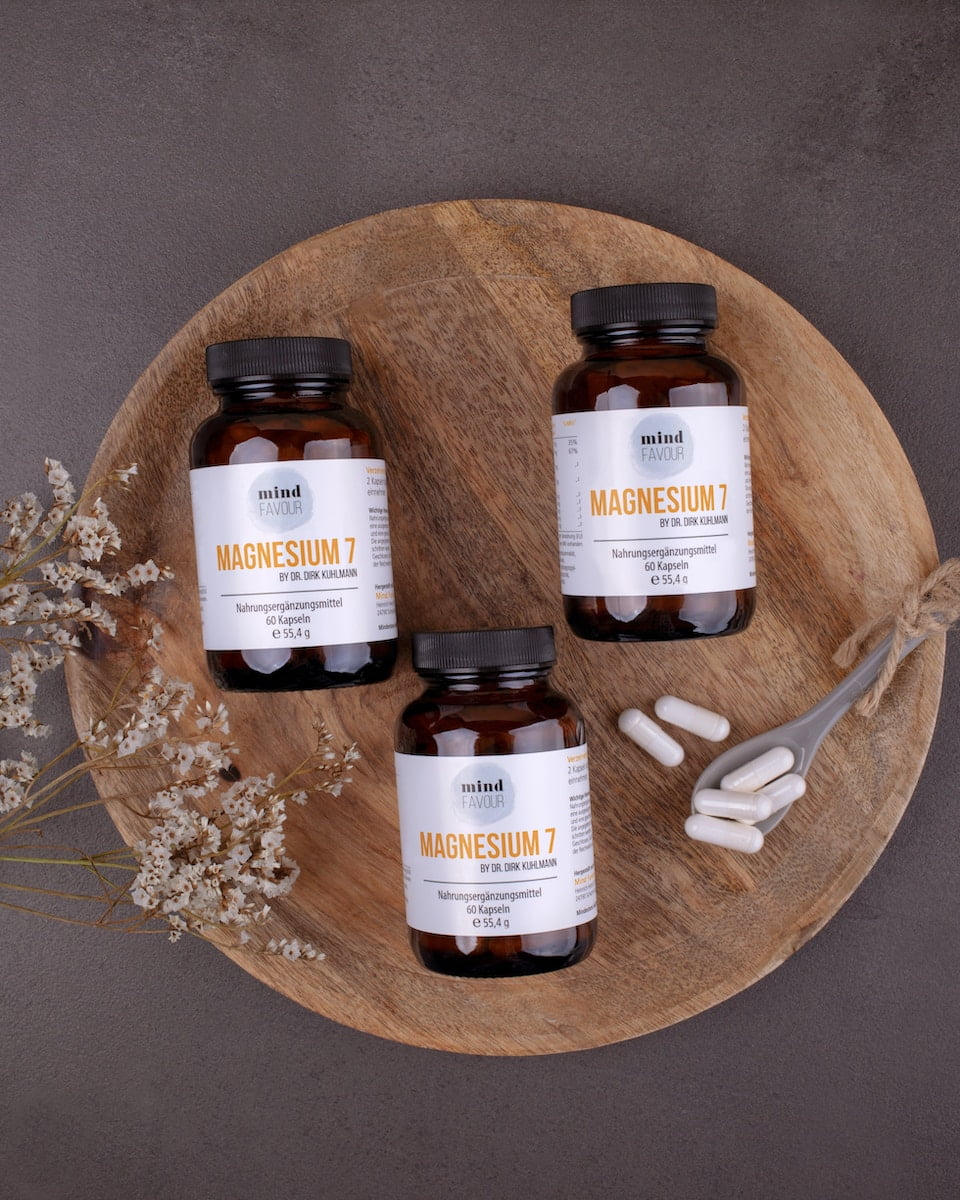Incontinence, or the loss of bladder and/or bowel control, is a common problem among seniors. It can be a source of embarrassment and discomfort, and can lead to social isolation and a decline in overall quality of life. However, incontinence is a manageable condition, and with the right strategies, seniors can maintain better control over their bladder and bowel functions.
We’ll explore the causes of incontinence in seniors, as well as tips for managing and preventing it. We’ll also discuss the role of healthcare professionals in helping seniors maintain bladder and bowel control.
Causes of Incontinence in Seniors:
There are several factors that can contribute to incontinence in seniors. These include:
- Age-related changes: As we age, our bodies undergo a number of changes that can affect bladder and bowel function. These changes may include a decline in muscle tone and elasticity, as well as changes in hormone levels and nerve function.
- Medical conditions: Certain medical conditions, such as diabetes, stroke, and Parkinson’s disease, can cause incontinence. In addition, certain medications, such as diuretics and sedatives, can also contribute to incontinence.
- Lifestyle factors: Incontinence can also be caused by lifestyle factors, such as diet and fluid intake, physical activity levels, and smoking.
- Pelvic floor disorders: In women, incontinence can be caused by pelvic floor disorders, such as uterine prolapse or stress incontinence.
Managing Incontinence:
Fortunately, there are a number of strategies seniors can use to manage incontinence and maintain better control over their bladder and bowel functions. These include:
- Pelvic floor exercises: Pelvic floor exercises, also known as Kegel exercises, can help strengthen the muscles that support the bladder and rectum. To do pelvic floor exercises, tighten and lift the muscles you would use to stop the flow of urine, hold for a few seconds, and then relax. Aim to do at least three sets of 10 repetitions per day.
- Bladder training: Bladder training involves gradually increasing the time between bathroom visits, with the goal of eventually being able to hold urine for longer periods of time. This can be done by using a schedule or an alarm to remind you to go to the bathroom, and then gradually increasing the interval between visits.
- Fluids and diet: Managing fluid and dietary intake can also help reduce the frequency and urgency of bathroom visits. It’s important to drink enough fluids to stay hydrated, but not so much that it leads to frequent trips to the bathroom. Some foods, such as caffeine and alcohol, can irritate the bladder and increase the need to urinate.
- Assistive devices: There are a number of assistive devices that can help seniors manage incontinence, such as absorbent pads and undergarments, and portable toilet systems. These devices can provide added protection and convenience, and can help seniors maintain their independence and dignity.
- Medications: In some cases, medication may be necessary to manage incontinence. There are several medications available that can help relax the muscles of the bladder or increase bladder capacity. It’s important to discuss medication options with a healthcare professional, as these medications can have side effects and may not be appropriate for everyone.
Preventing Incontinence:
In addition to managing incontinence, there are also steps seniors can take to prevent it from occurring in the first place. These include:
- Staying active: Regular physical activity can help improve muscle tone and function, and can help prevent incontinence. Aim for at least 30 minutes of moderate-intensity activity, such as brisk walking or cycling, on most days of the week.
- Maintaining a healthy weight: Being overweight or obese can put extra pressure on the bladder and pelvic muscles, leading to incontinence. Maintaining a healthy weight through diet and exercise can help reduce the risk of incontinence.
- Quitting smoking: Smoking can irritate the bladder and increase the risk of incontinence. Quitting smoking can help reduce the risk of incontinence and improve overall health.
- Reducing caffeine intake: Caffeine is a stimulant that can irritate the bladder and increase the need to urinate. Limiting caffeine intake, particularly in the evenings, can help reduce the frequency of bathroom visits and improve bladder control.
- Seeking medical help: If you are experiencing incontinence, it’s important to seek medical help. Your healthcare provider can help identify the cause of your incontinence and recommend treatment options.
Conclusion
Incontinence is a common problem among seniors, but it is a manageable condition. By following the tips outlined above, seniors can maintain better control over their bladder and bowel functions and improve their quality of life. It’s also important to seek medical help if you are experiencing incontinence, as it can be a sign of an underlying medical condition that needs to be treated.
References:
- “Incontinence in Older Adults.” National Institute on Aging, U.S. Department of Health and Human Services, www.nia.nih.gov/health/incontinence-older-adults.
- “Incontinence: Causes, Symptoms, and Diagnosis.” Mayo Clinic, Mayo Foundation for Medical Education and Research, 22 Mar. 2019, www.mayoclinic.org/diseases-conditions/incontinence/symptoms-causes/syc-20352773.
- “Managing Incontinence in Older Adults.” Centers for Disease Control and Prevention, Centers for Disease Control and Prevention, 25 Mar. 2020, www.cdc.gov/aging/aginginfo/tips/incontinence.html.




























